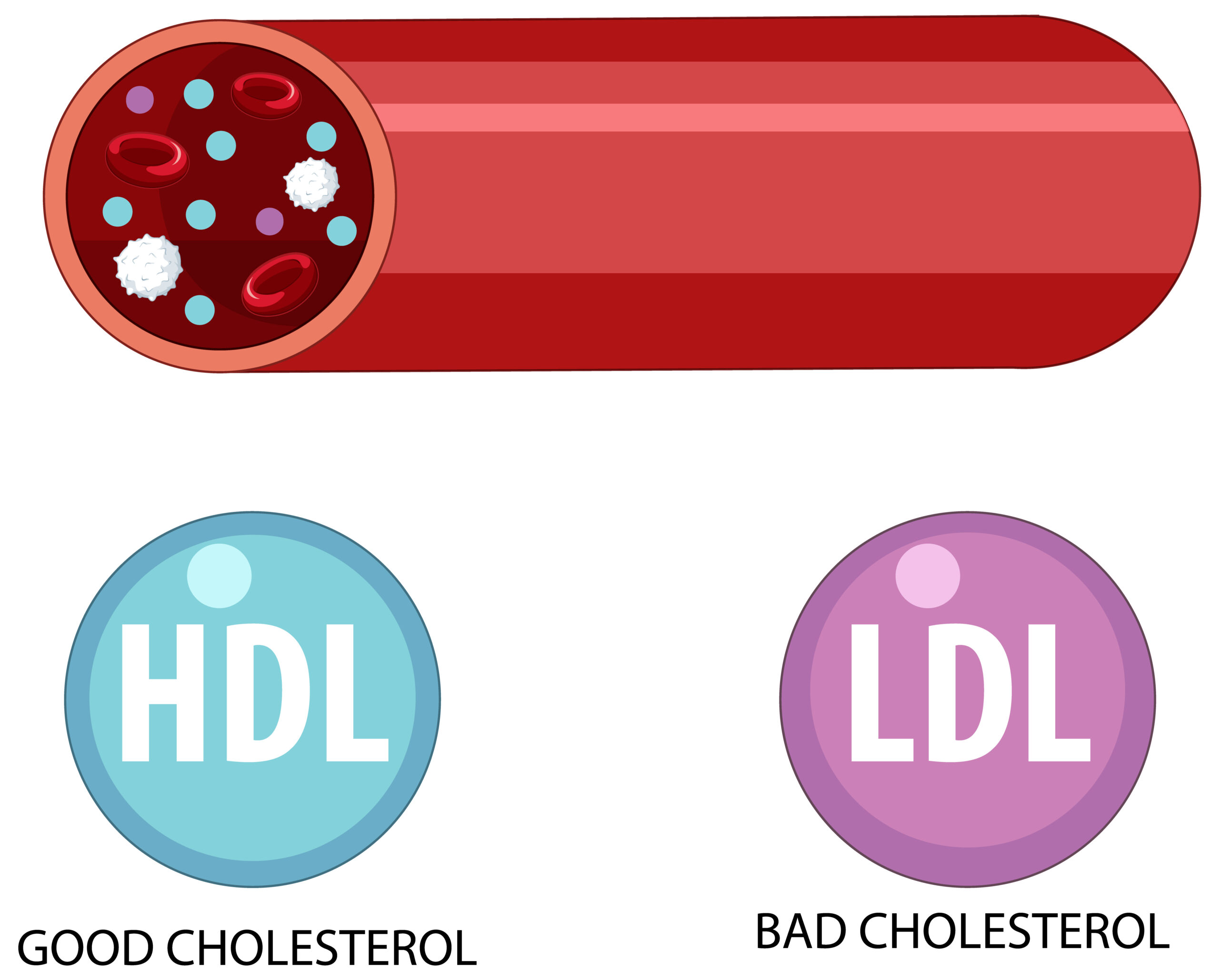Amenorrhea, the absence of menstruation, can be a source of confusion, concern, and sometimes stigma for individuals experiencing it. In this blog post, we aim to explore this topic by examining its causes, potential problems, and the importance of seeking medical advice for proper evaluation and care.

Types of Amenorrhea
Amenorrhea is classified into two main types:
1. Primary Amenorrhea: This occurs when a person has not experienced menstruation by the age of 16, despite normal growth and development, or by the age of 14, with the absence of other secondary sexual characteristics.
2. Secondary Amenorrhea: This refers to the absence of menstruation for three consecutive menstrual cycles or more in someone who previously had regular menstrual cycles.
Common Causes of Amenorrhea
Amenorrhea can be attributed to various factors:
Hormonal Imbalance: Disruptions in hormone levels, such as low levels of estrogen or high levels of testosterone, can lead to amenorrhea.
Stress and Emotional Factors: Chronic stress, emotional trauma, or extreme weight loss/gain can impact hormone production and menstrual cycles.
Medical Conditions: Conditions such as polycystic ovary syndrome (PCOS), thyroid disorders, pituitary gland abnormalities, and certain medications can cause amenorrhea.
Excessive Exercise: Intense physical activity or rigorous training regimes, especially in athletes, can disrupt menstrual cycles.
Nutritional Deficiencies: Inadequate intake of essential nutrients, particularly in cases of eating disorders or extreme dieting, can affect hormone production and menstruation.
Concerns and Health Implications
While occasional irregularities in menstrual cycles are common and may not necessarily indicate a serious problem, persistent amenorrhea or sudden cessation of periods should be evaluated by a healthcare professional. Untreated amenorrhea can lead to potential health concerns such as:
Fertility Issues: Irregular or absent menstrual cycles can affect fertility and reproductive health.
Bone Health: Reduced estrogen levels associated with amenorrhea can impact bone density and increase the risk of osteoporosis.
Hormonal Imbalances: Hormonal disruptions can affect overall health and well-being, including mood changes, libido alterations, and metabolic effects.
Seeking Medical Evaluation and Care
If you experience amenorrhea or notice significant changes in your menstrual cycles, it’s crucial to seek medical advice promptly. A healthcare provider can perform a thorough evaluation, including medical history, physical exams, hormonal assessments, and imaging studies, to determine the underlying cause and recommend appropriate treatment.
Amenorrhea, while often manageable, requires attention, understanding, and proper medical evaluation for optimal care. By raising awareness, addressing concerns, and encouraging open conversations about menstrual health, we can empower individuals to take proactive steps towards their well-being and seek timely medical support when needed.









